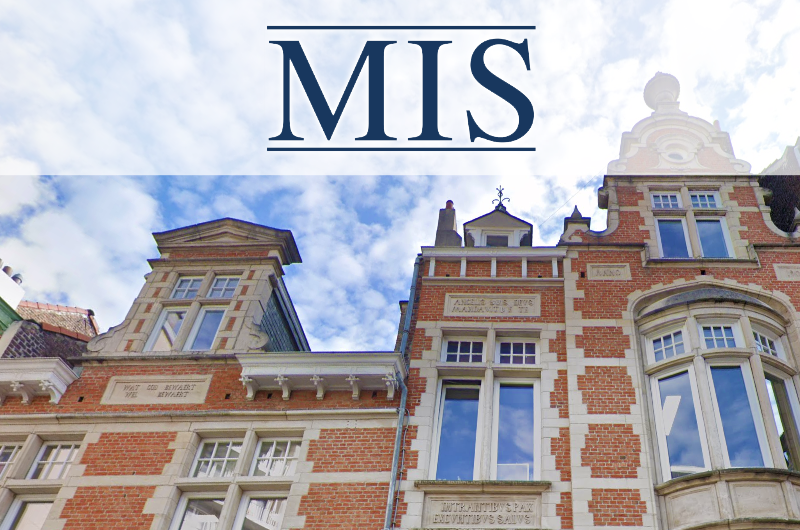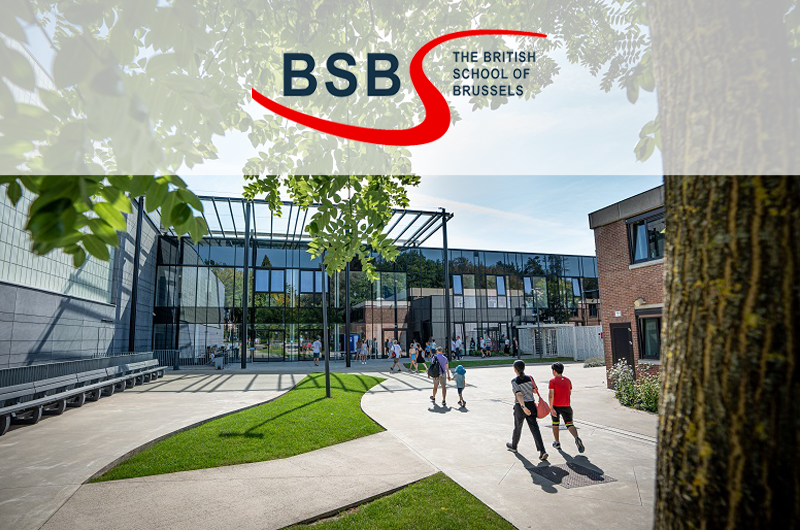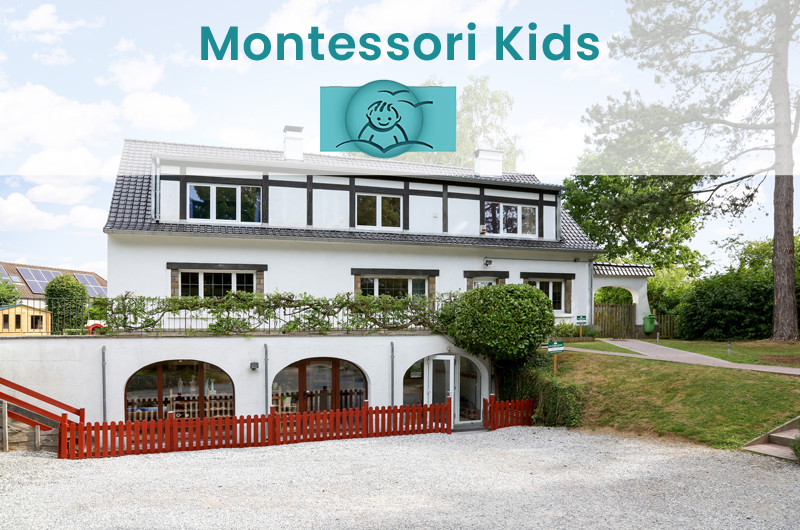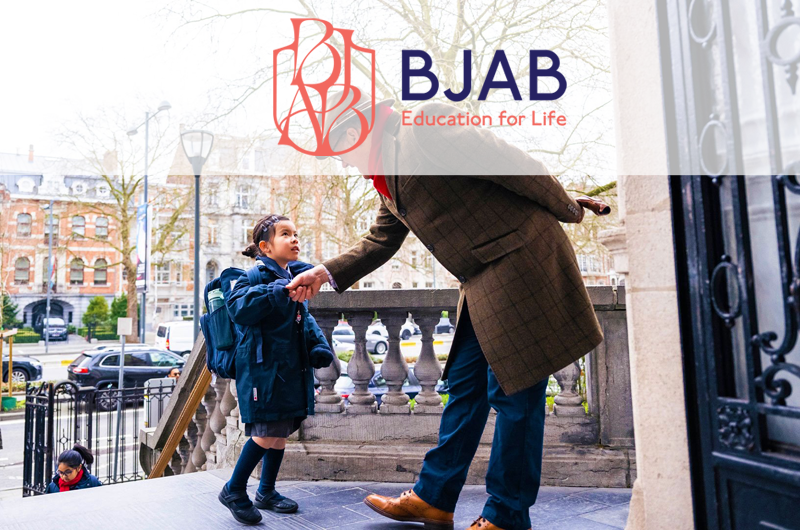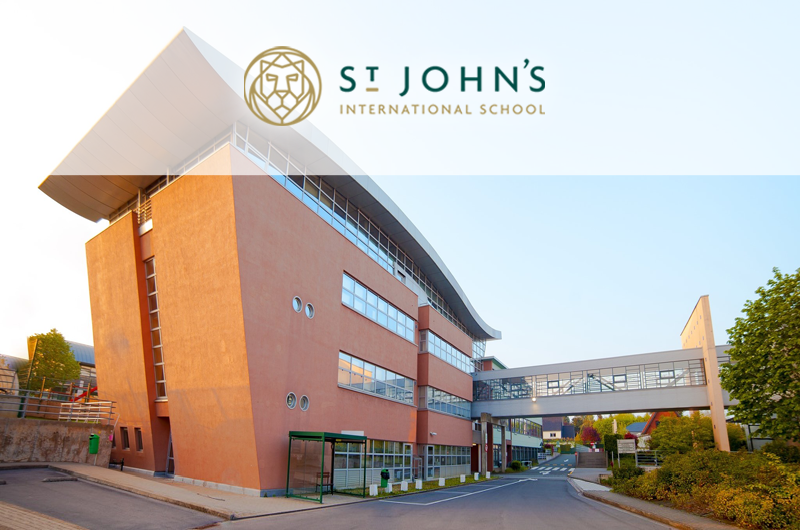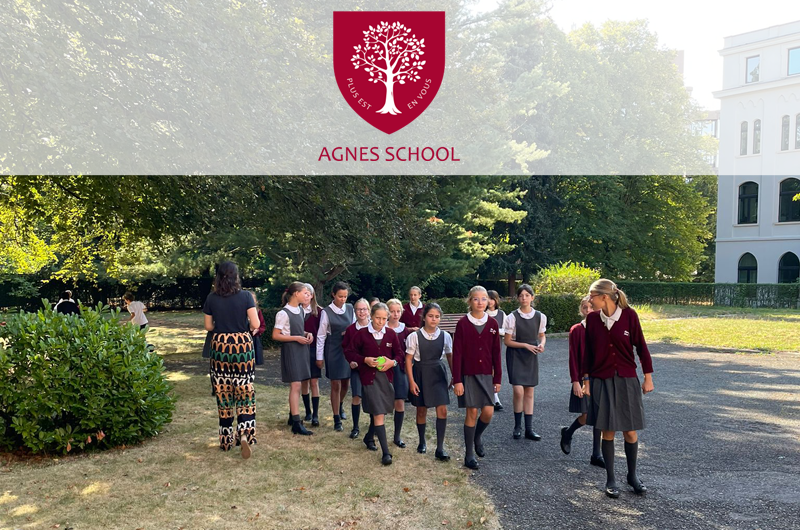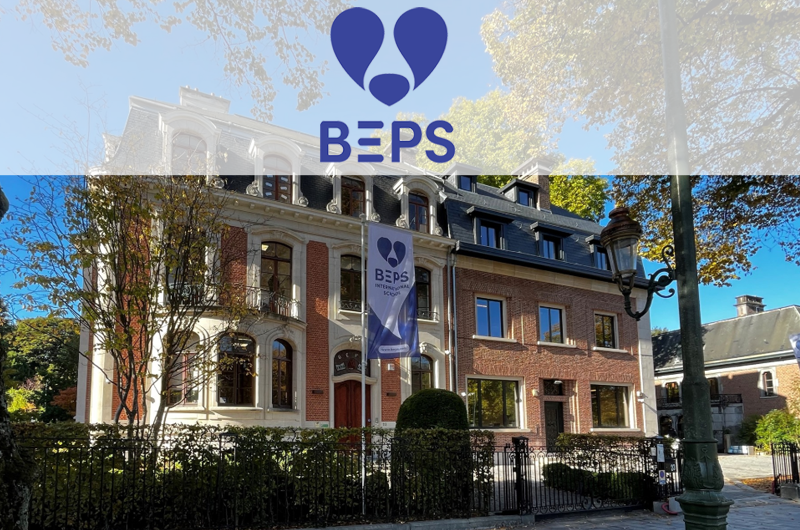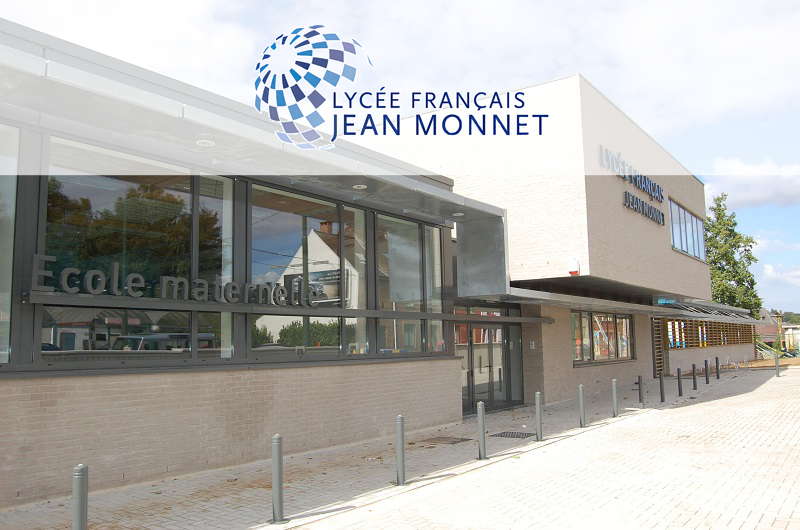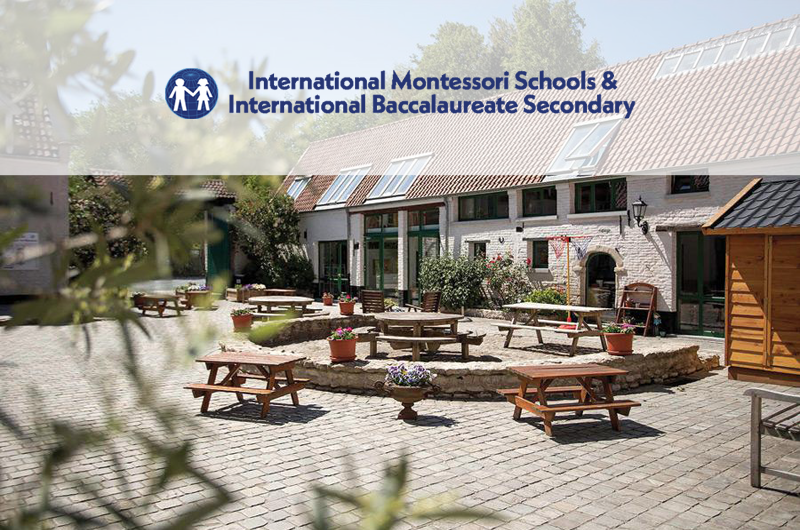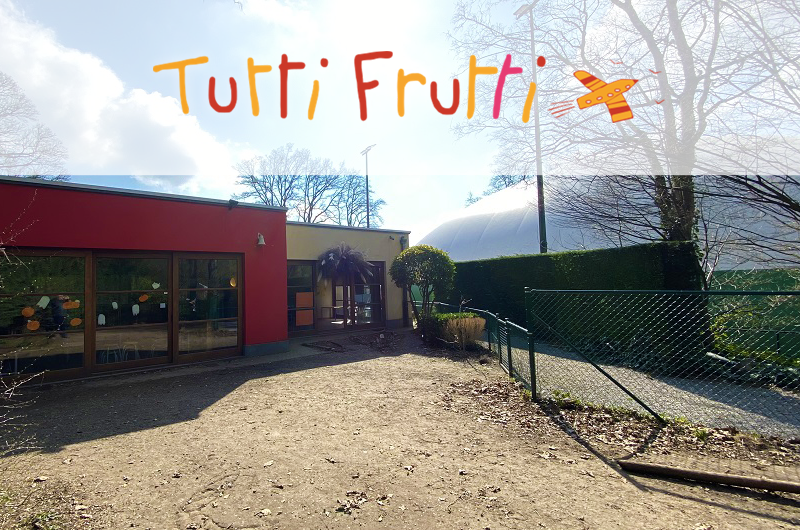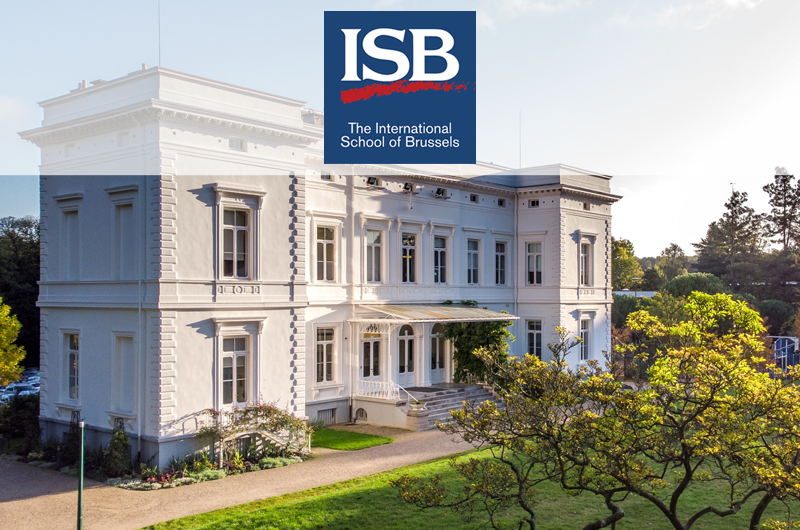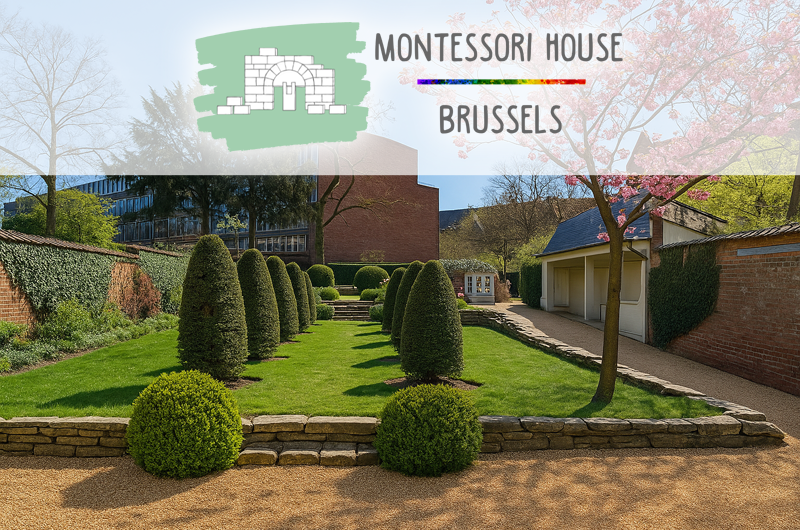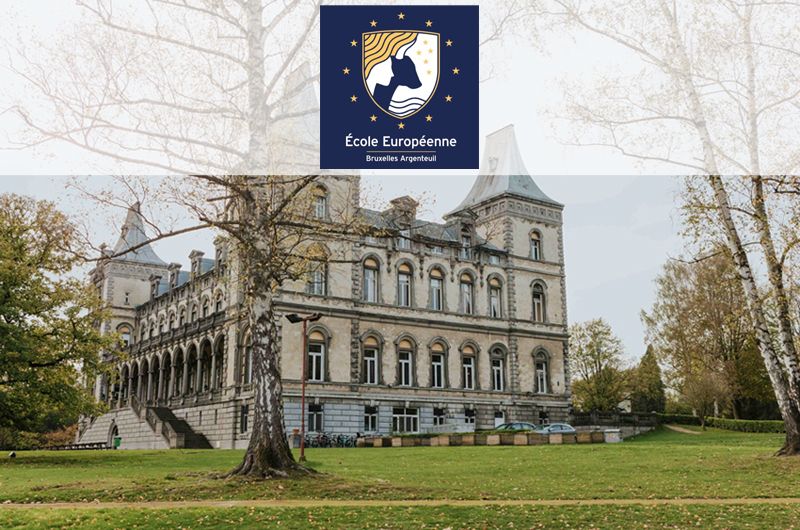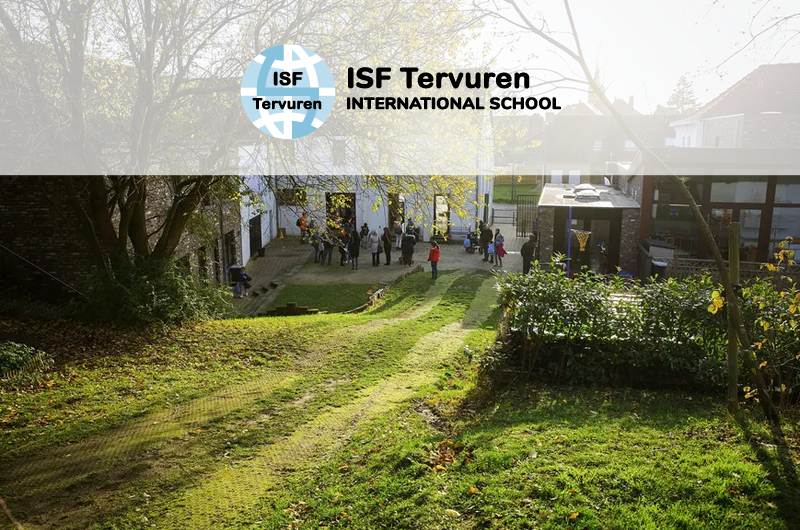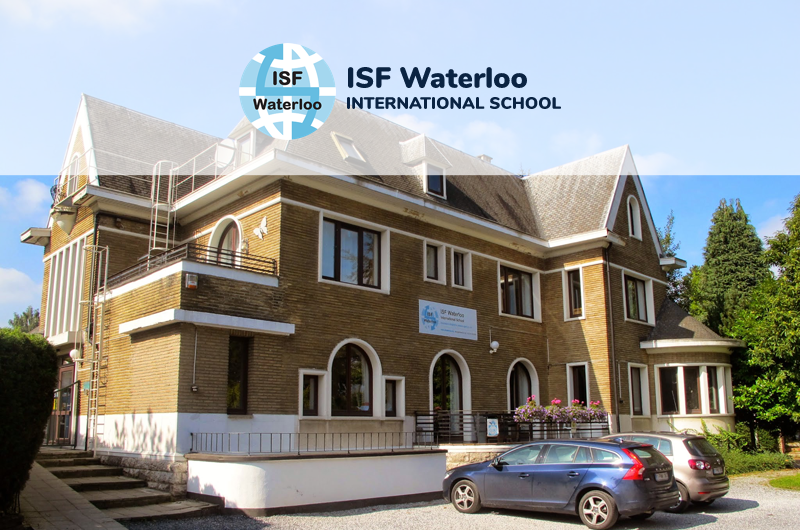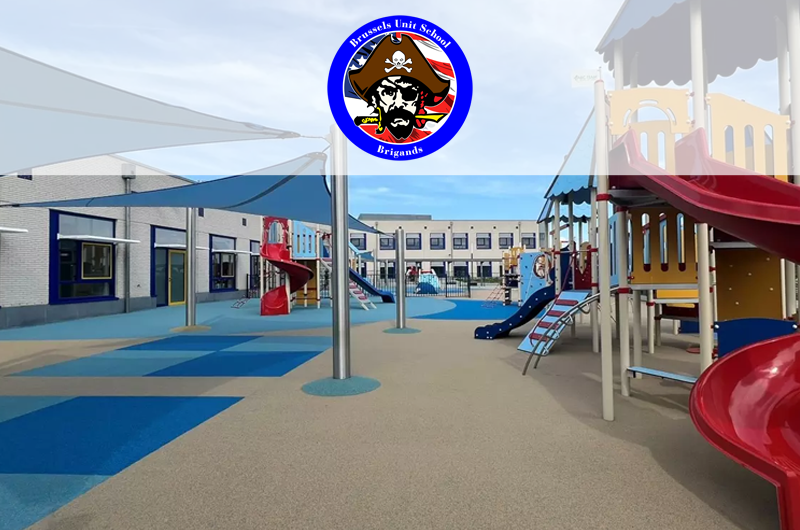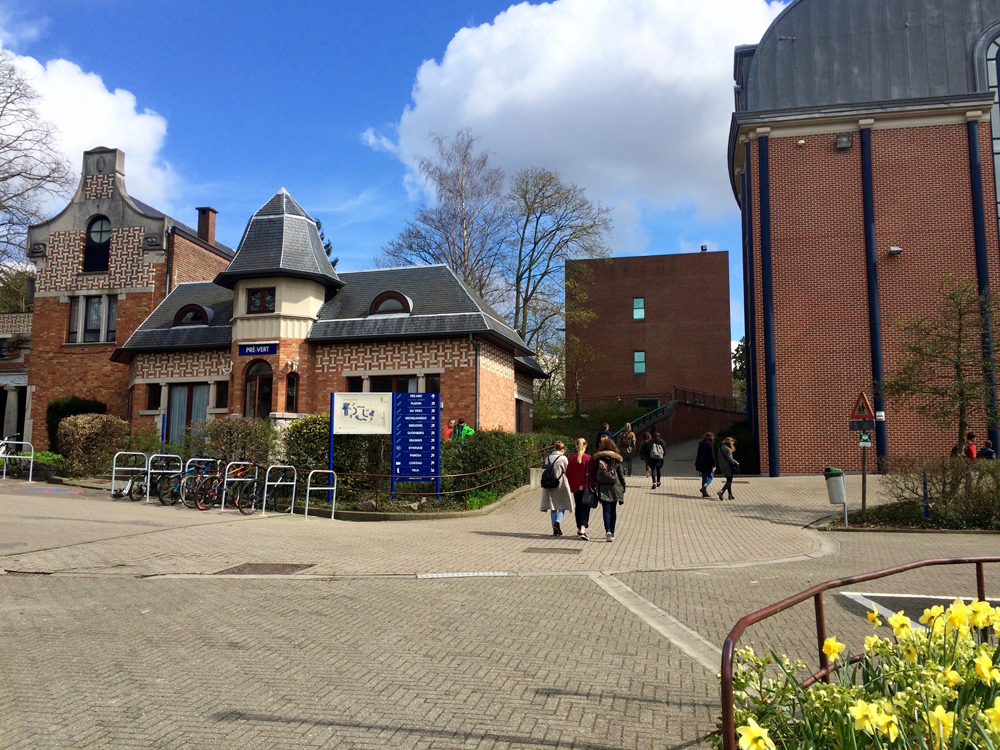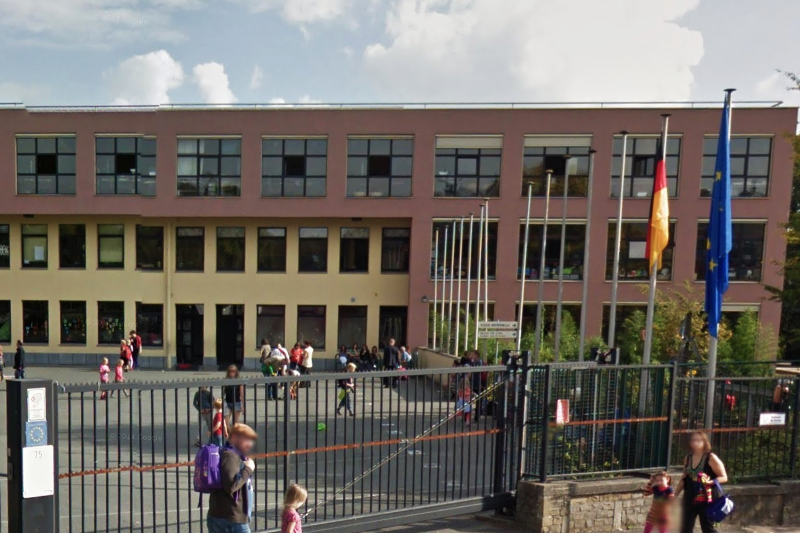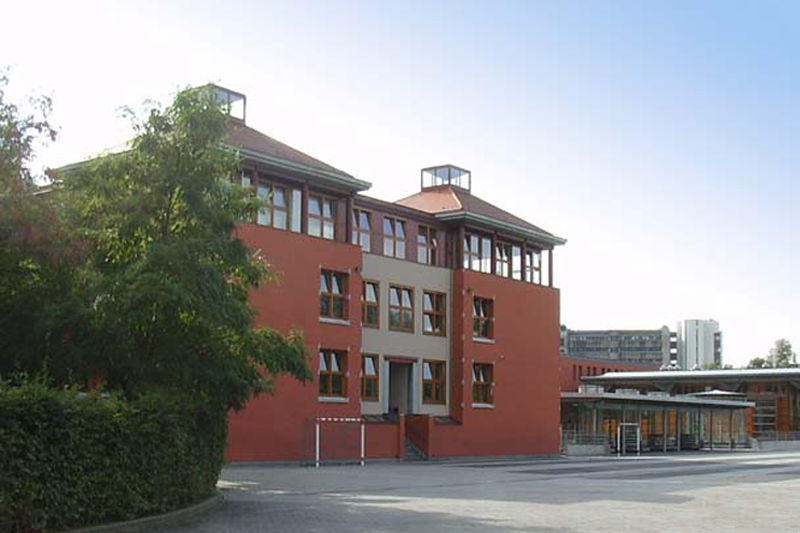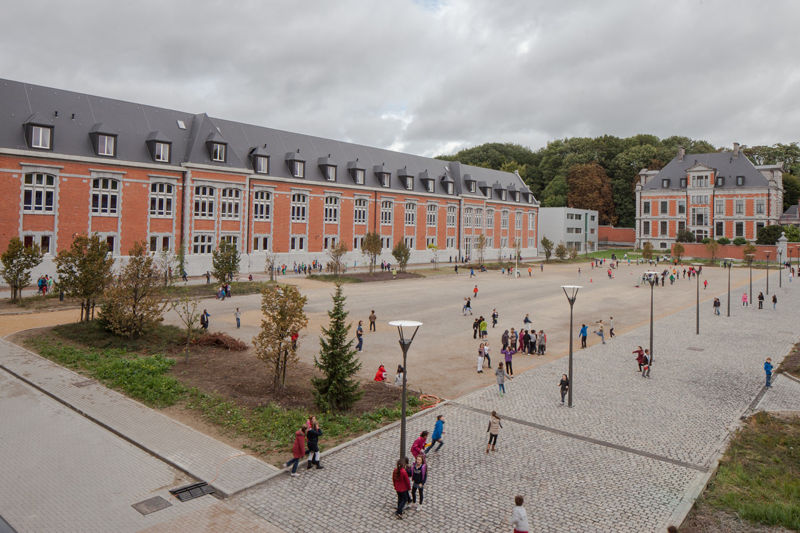
Which bilingual schools in Brussels?
Brussels is a cosmopolitan and multicultural city where bilingualism is an essential skill. Many parents wish to enroll their child in a bilingual school to offer them learning in French, Dutch, or English while benefiting from a solid academic program.
But how can you choose among the different types of bilingual schools in Brussels? Here is a guide to understand their specific features and find the school best suited to your child.
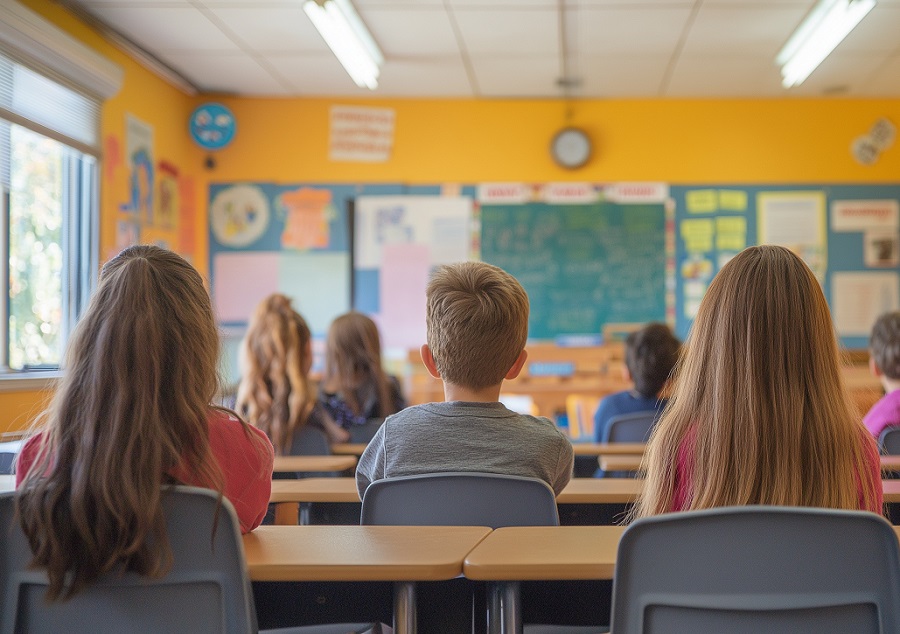
International bilingual schools
International bilingual schools offer education in two languages, often in English-French or English-Dutch. These schools are generally aimed at expat families but also at parents seeking an education with an international outlook.
In Brussels, private bilingual schools are generally international schools, offering globally recognized academic programs such as the International Baccalaureate (IB) or the Cambridge International Curriculum. They provide a multicultural environment and teaching methods tailored to expat families or parents seeking an internationally-oriented education.
Features of international bilingual schools
✔ Languages of instruction: Mainly English-French (sometimes English-Dutch, English-German).
✔ School levels: Preschool, primary, and secondary.
✔ Academic programs:
- International Baccalaureate (IB)
- Cambridge International Examinations
- British, American or Belgian education systems (CEB, CESS)
✔ Diplomas awarded: Internationally recognized, allowing access to universities worldwide.
For whom? International families, children from multilingual households, or those planning to study abroad.
List of international bilingual schools in Brussels:
European schools
Features of european schools
The European Schools in Brussels now include four official schools, created primarily to serve the children of staff working in the European institutions, as well as one Accredited European School, EEBA, which follows the same curriculum but operates outside the subsidised system and is open to all families.
- Languages of instruction: multiple language sections (French, English, German, Spanish, Italian, Swedish, etc.).
- School levels: nursery (depending on the school), primary and secondary.
- Academic programme: official European Schools curriculum based on the European Baccalaureate (EB).
- Diploma awarded: European Baccalaureate, recognised in all EU member states.
- Accredited schools: same curriculum and standards, but operating independently and open to all families.
Who is it for? Primarily children of European institution staff, but also families seeking a structured, multilingual and European-focused education with greater flexibility in Accredited European Schools such as EEBA.
List of european schools in Brussels:
Public bilingual schools
Contrary to popular belief, there are no truly bilingual public schools in Brussels. As the Belgian capital falls under bicultural educational governance, the creation of bilingual schools would require cooperation between the French- and Dutch-speaking communities, which is politically complex.
However, some schools offer language immersion programs, where French-speaking or Dutch-speaking students attend part of their education in the other national language.
Features of public bilingual (immersion) schools
✔ Languages of instruction: French-Dutch.
✔ School levels: Preschool (often starting in the third year), primary and secondary.
✔ Academic program: Based on the French-speaking or Dutch-speaking Belgian education systems.
Examples of immersion schools in Brussels:
- FWB network schools offering Dutch immersion
- Flemish schools offering French immersion
For whom? Families seeking strong language integration in one of Belgium’s official languages.
The main drawback of immersion schools
Immersion often limited to the classroom
In so-called “immersion” schools in the Wallonia-Brussels Federation (FWB), French-speaking students take about
half of their courses in another language (often Dutch or English), but
the language environment remains mostly French-speaking. In other words:
- Only the teachers speak the target language (Dutch/English).
- Students continue speaking French among themselves during recess, lunch, transitions, etc.
- The target language remains confined to an academic and theoretical setting, with no real presence in the school’s daily life.
Result
Even though students make progress, they rarely achieve true bilingualism. Their language skills often remain academic,
limited in fluency, spontaneous understanding, and natural expression.
By comparison:
A French-speaking student attending a regular Dutch- or English-speaking school is fully immersed in that language:
all courses, social interactions, displays, school rules—everything is in the target language.
In this case, learning is much faster (often in less than a year to understand and manage).






